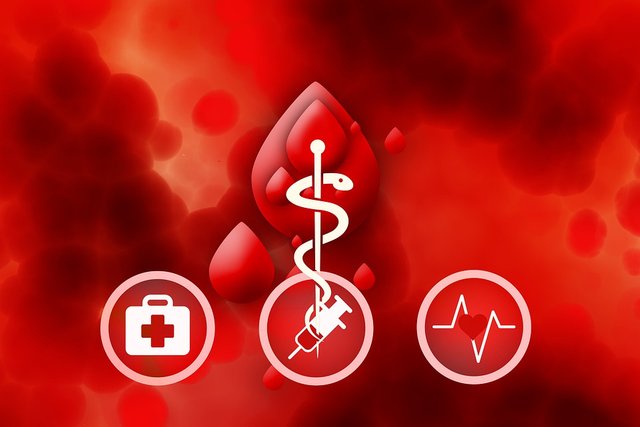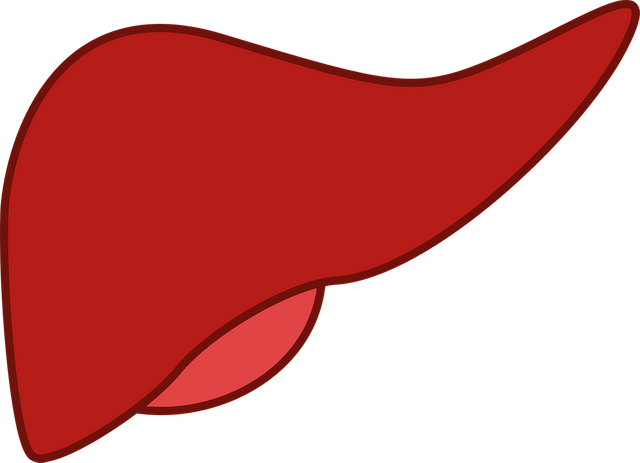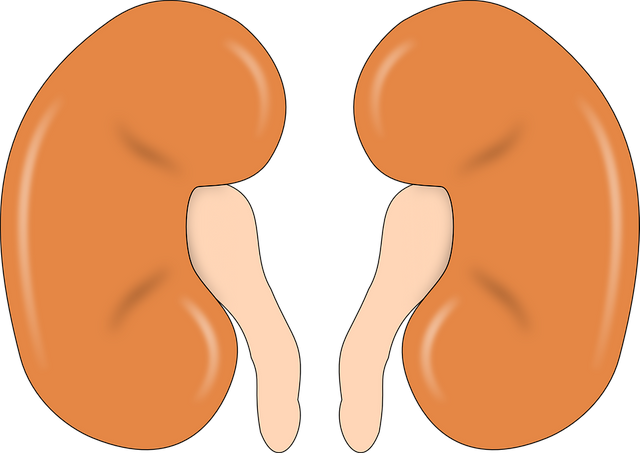Common blood tests explained
Hello Steemit!
As a Biomedical Scientist, specialising in Clinical Biochemistry, I thought I would make a post explaining the most common blood tests you might get done when admitted to the hospital or just going to your GP.

Liver test
Liver tests are very common test ordered by doctors throughout the hospital where I work. There are a lot of these, and I'll just list the most common. Usually, more than just one analysis is ordered, to get a better picture of the patient's condition.

Albumin
Albumin is a protein made in the liver. The level of albumin will be decreased with a damaged liver, especially if the liver has been damaged for a longer period of time. However, nephrotic (kidney) disease will permit albumin to filtered out through the kidneys. This is why the test is not used on its own to evaluate liver damage.
AST/ALT
ASpartate Transaminase is an enzyme (compounds ending in -ase are almost always enzymes) which catalyses the reaction conversion aspartate and α-ketoglutarate to oxaloacetate and glutamate.
ALanine Transaminase is also an enzyme. It catalyses the transfer of an aminogroup from L-alanine to α-ketoglutarate, forming pyruvate and L-glutamate.
The importance of these two enzymes are the relationship between them. Elavation of AST and ALT usually means a necrotic condition in the liver. This can be induced by alcohol toxicity, viral hepatitis, drugs, cancer or many other things.
However, if AST>ALT, the doctor will have to consider muscular damage as well (or instead, depending on the levels of transaminases), as AST is also a cardiac (heart) marker.
LDH
Lactate DeHydrogenase is an enzyme found in many tissues of the body. However, when suffering damage, the LDH found in the hepatocytes (liver cells), is released into the bloodstream. However, damage to other types of tissue also releases LDH, which makes it an unreliable stand-alone test.
Bilirubin
Bilirubin the broken down form of haemoglobin (found in red blood cells). It is bound in the liver and excreted via the bile. This makes bilirubin a great test for evaluating the function of the liver. Elevated levels of bilirubin indicates impaired liver function. People with impaired liver function will sometimes display a condition called jaundice causign them to develop yellowish skin and sclera.
Kidney Tests
Kidney tests are used to determine a patient's kidney function. This is not necessarily because the patient has kidney problems, but many medications are more or less nephrotoxic (damaging to the kidneys), so the patient's kidney function needs to be monitored closely.
For evaluating kidney function, urine tests are often also used. However, in this post, I will focus on the blood tests.

Creatinine
No, not creatine.
Creatinine is an amazing molecule. It is produced in muscle tissue as a breakdown product of creatine phosphate. This is done pretty consistently throughout the day making the levels of creatinine in the blood fairly constant. Creatinine is excreted in the kidneys, and only in the kidneys. This means that renal function can be evaluated pretty effectively by using the Glomerular Filtration Rate:
GFR = (Urine Creatinine x Urine Flow)/Plasma Concentration
This will give a pretty clear picture of how well the kidneys get rid of waste products, and thus, how well they function.
Electrolytes
Potassium (K+) and Sodium (Na+). I can't figure out how to do superscript in the text editor, so I'll have to rely on your ability to imagine that the plus-signs are superscript.
Sodium and Potassium are inherently linked, as the electrical potential between them is what makes our nerves function.
Sodium is excreted through the kidneys. In the renal tubules, it is involved in the reabsorption process of water, and when a patient is experiencin kidney failure, too much water is excreted through the kidneys. The water "pulls" the Sodium out with it.
Carbamide (Urea)
Carbamide is the main byproduct of Nitrogen compounds in the body. Broken down amino acids are converted to carbamide in the liver, and excreted by the kidneys. Excess breakdown of muscle tissue will result in elevated plasma carbamide levels. Coupled with creatinine, carbamide can be used to screen for suspected muscle damage.
---
There are, of course, many more tests to be performed. Some of the ones in my post even have sub-tests (like LDH, which can be broken down into LDH types), but I will not go over those in this post.
If it get's popular, I might do more posts like this for some of the more uncommon (and more interesting, if you ask me) test.
Feel free to leave a comment, and if you want me to explain another test or have a question, don't hesitate to ask.
~
Decadence
Great!